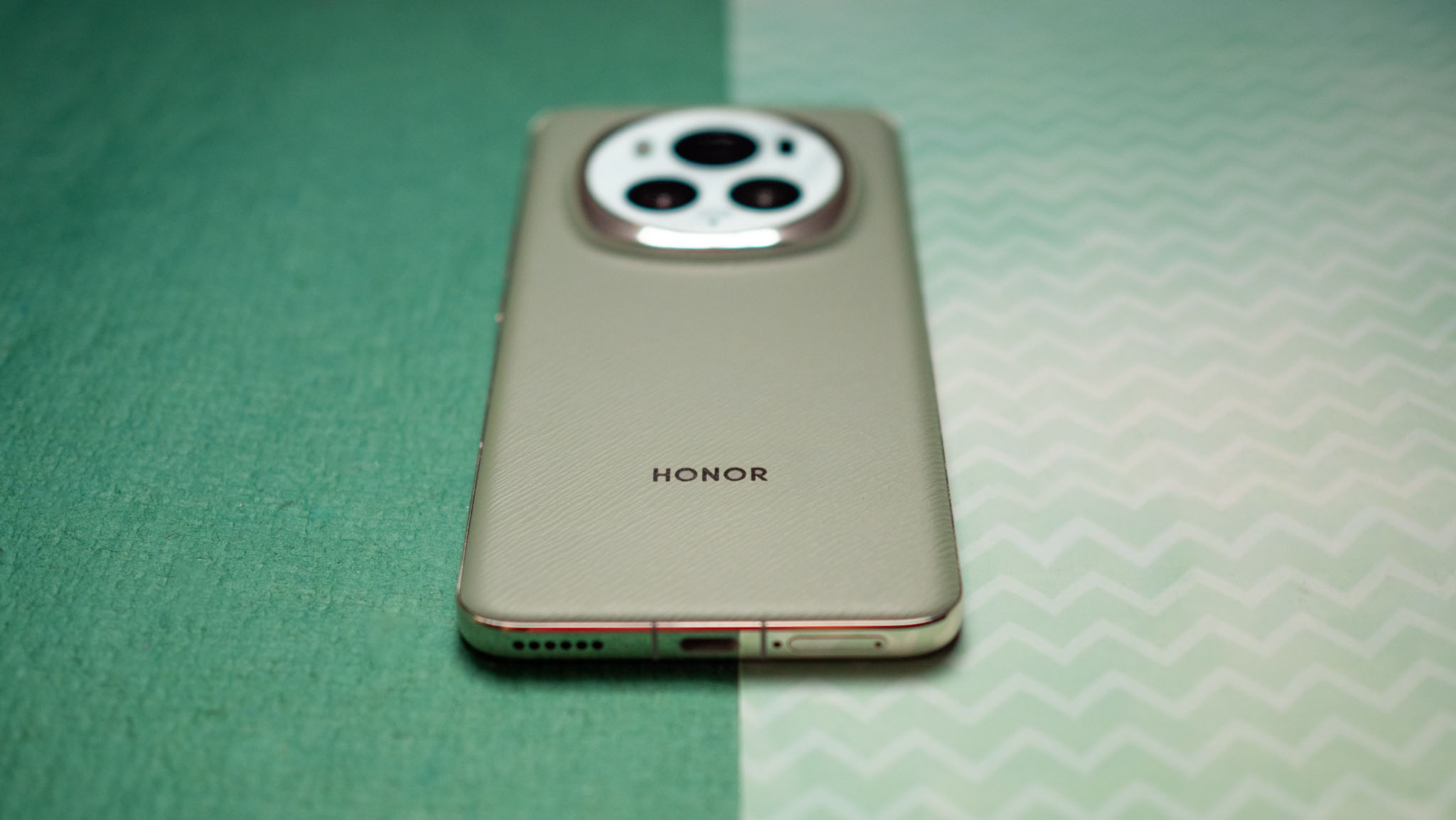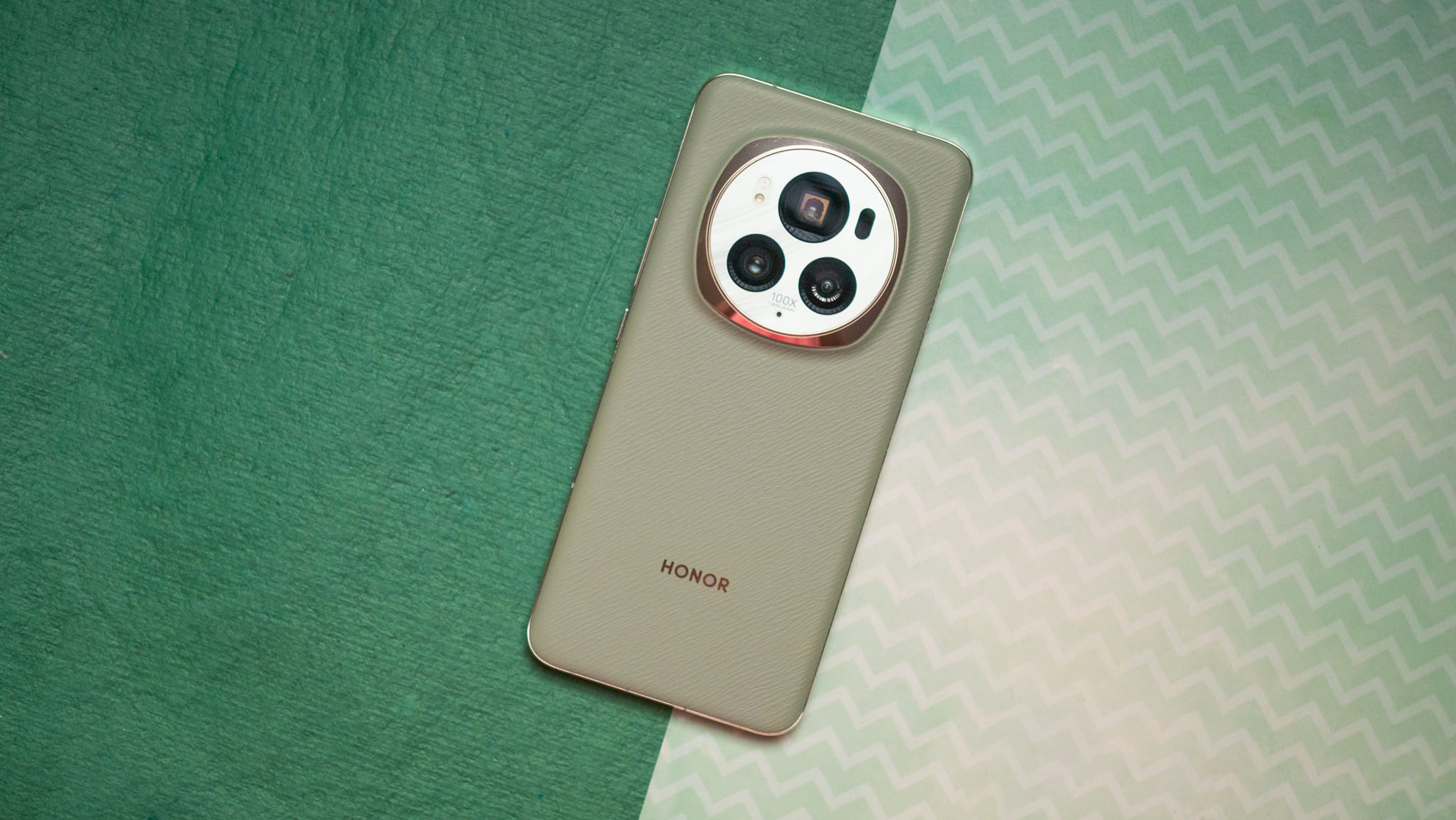
One of the biggest upgrades coming to 2025 phones is silicon-carbon batteries. These batteries still use a lithium-based cathode, but use a silicon carbide anode, unlocking a suite of advantages, including the ability to withstand extreme weather much better, and increased durability.

In Hardwired, AC Senior Editor Harish Jonnalagadda delves into all things hardware, including phones, audio products, storage servers, and routers.
But the reason that should get you excited is the higher density; brands can leverage this tech to add bigger batteries without increasing the size or weight of their phones, and that's always a good thing. In fact, a few 2025 phones that have released globally — including the Find X8 Pro and Vivo X200 Pro — utilize silicon-carbon batteries to great effect, delivering two-day battery life.
While other manufacturers are switching to silicon batteries now, Honor started doing so two years ago with the Magic 5 Pro. This year's Magic 6 Pro utilized the same tech, with the brand showcasing how the device holds up in freezing weather. the Magic V2 and Magic V3 foldables also benefitted with this tech, and the brand's Magic 7 Pro also utilizes a silicon-carbon battery, with the size going up to 5850mAh.
The silicon-carbon tech is highly interesting, so I talked to the brand that's actually making it. Honor is using Group14's SCC55 silicon-carbon material in the Magic 7 Pro, and I talked to the brand's VP of Global Strategy, Grant Ray, to get a better understanding of how these batteries are different.
Basically, SCC55 is a synthetic silicon-carbon compound that's manufactured by Group14 at its facility in Woodinville, WA. The material is then sent to the battery manufacturer; in this instance, that is Amperex Technology Limited, a massive Chinese organization that's one of the leading producers of phone batteries.

Ray mentioned that the advantage with SCC55 is that it can be a straightforward alternative to graphite that's traditionally used, and all that needs changing is the inclusion of the material while mixing the cement. There's no need to alter any production lines, or make any modifications to manufacturing plans.
That's one of the reasons why phone manufacturers are able to slot in silicon-carbon batteries at scale. Ray revealed that the Group14 facility in the U.S. produced two million batteries' worth of SCC55 thus far, and that a new facility is going live in 2025 that should increase production capability threefold.
Another benefit of using a silicon-based anode is that it reduces reliance on graphite, which ultimately is a net positive. Brands can choose the mixture of silicon carbide and graphite they can use in the cells, and this allows greater customizability — higher the silicon, better the density. Ray noted that the tech is still in its nascent phases, but it's already seeing plenty of interest in the EV industry as well as consumer tech.
In addition to phones, these batteries could make their way to smartwatches, XR glasses, and other wearables, and I think there's a greater potential in those categories. Silicon-carbon batteries have slightly better durability, and the best part is that there's no change with fast charging; I tested the Magic 6 Pro, Find X8 Pro, and Vivo X200 Pro extensively in this regard, and the charging times are in line with standard batteries.
The next big revolution in phone batteries will be when we can finally move away from lithium-ion cells altogether, but until then, silicon-carbon tech is proving to be a good option to provide better density and longevity. In the case of Honor, the brand clearly has a sizeable advantage in this area, and having used the two previous iterations of its silicon-carbon batteries, I can't wait to see how the Magic 7 Pro holds up against its rivals.







